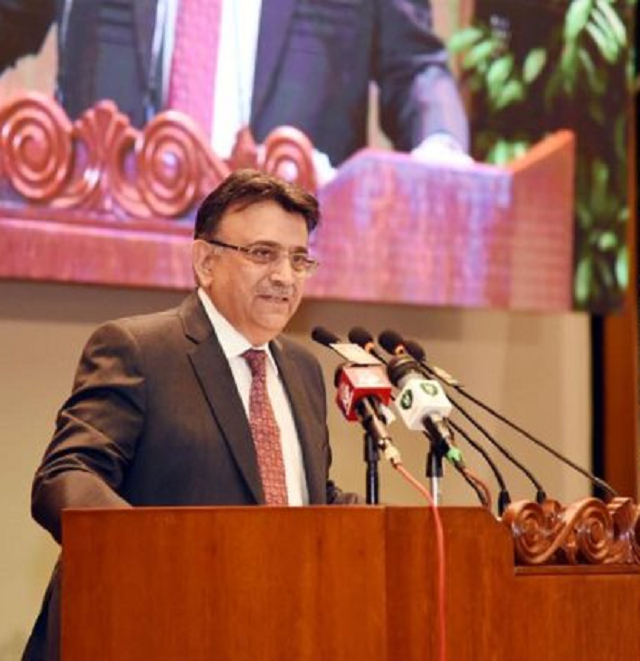
The Supreme Court has decided 1,164 cases during the last 15 days -- from January 15 to January 31, while instituting a total of 879 cases.
However, Chief Justice of Pakistan Justice Umar Ata Bandial could reduce the number of pending cases to 51,929 from 53,624 cases in the apex court after holding the office for one year.
However, unlike his predecessors, the pendency did not increase during CJ Bandial’s one-year tenure that, too, without the full strength of the Supreme Court throughout the year, as the apex court is still short of two judges.
The chief justice has constituted several benches to hear cases of different categories, forming nine of them during the last week.
Since January 16, 2,084 cases were fixed before different benches wherein 635 cases were dismissed and petitions in 253 matters were allowed. The Supreme Court had decided 22 cases while leave to appeal was granted in 110 cases in last 15 days.
Moreover, controversy regarding the appointment of apex court judges dominated his one-year tenure. Unfortunately, the element of judicial politics cannot be ruled out in the appointment of apex court judges.
Senior apex court judges, who are members of the Judicial Commission of Pakistan (JCP), are divided on the elevation of high court judges to the apex court. The superior bars are also opposing the elevation of junior judges, saying they support the seniority principle in judges’ appointment.
It is to be noted that the federal law minister and the attorney general for Pakistan supported the chief justice’s nominees for the elevation to the Supreme Court.
Currently, the situation in the Sindh High Court is getting worse after the elevation of junior judges to the Supreme Court. Senior SHC judges are frustrated in this situation.
With this in view, there is need to amend the JCP rules to ensure transparency in the appointment process. It has been observed that the chief justices do not summon the commission meeting until they are sure that the majority members will endorse their nominees.
In the current scenario, the chief justice requires the government representatives’ support for the approval of junior judges’ elevation to the top court.
This has left many senior lawyers puzzled, wondering as whether the appointment of supreme court judges is a matter of principle or ego.


















COMMENTS (1)
Comments are moderated and generally will be posted if they are on-topic and not abusive.
For more information, please see our Comments FAQ